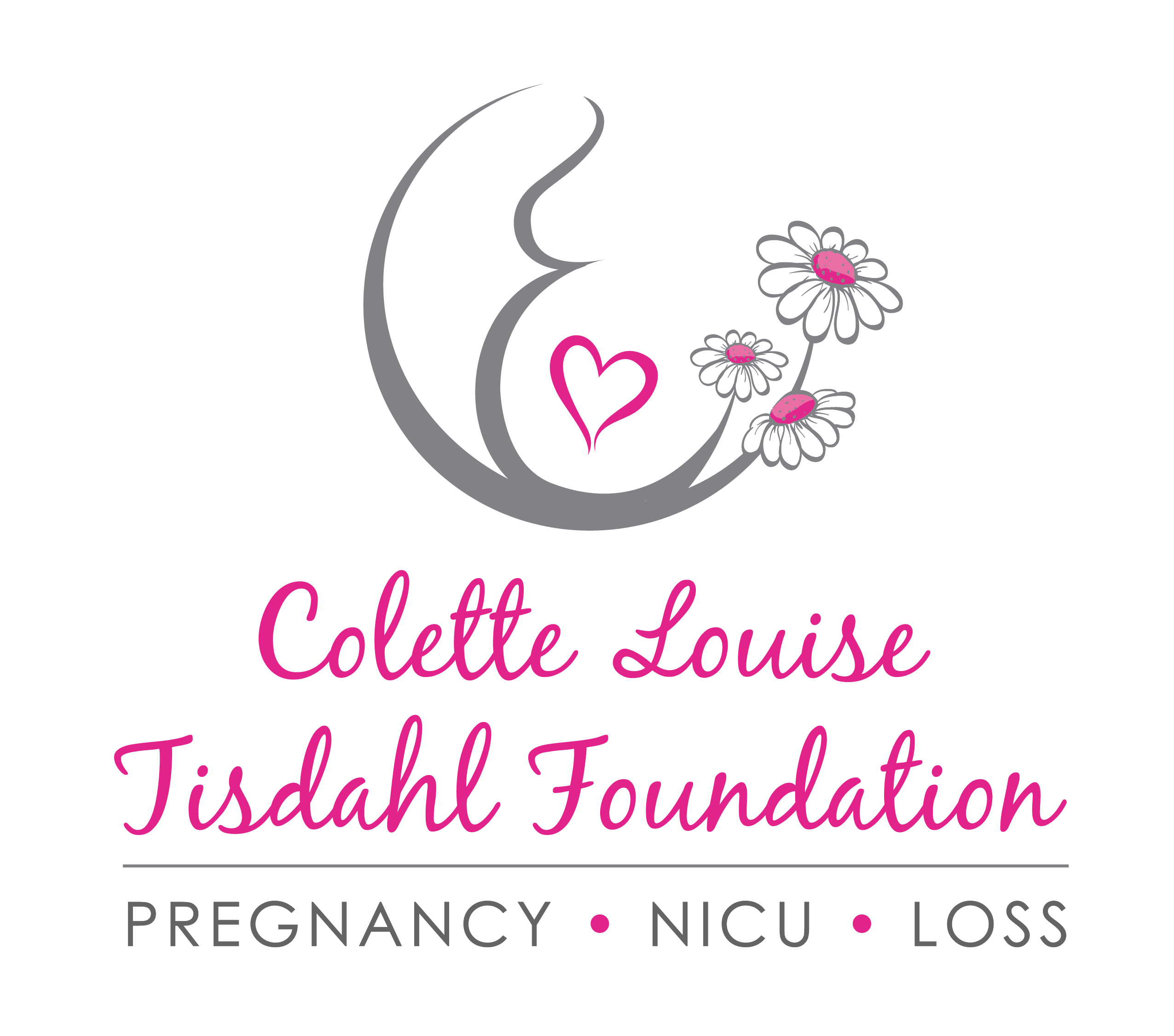When we started this work, I had no idea just how severe racial inequities were. More than education, economic status, race is the determinant between cases that end well and those that do not. To put more context on this, racial and ethnic disparities cost the U.S. economy $451 billion, according to the National Institute on Minority Health and Health Disparities.
In this post, we will share some information about the various racial inequities with resources you can use to find out more. This will be constantly changing and if you feel that we are missing a topic or a resource, please contact us.
Race and Health
Access to Care
- Black Americans are almost twice as likely to not have health insurance coverage
- Black people receive worse-quality care on 52% of healthcare measures, including access, outcomes, and patient satisfaction (Agency for Healthcare Research and Quality)
- Obstetric access disproportionately impact communities of color (Harvard Public Health)
Read more here:
Race and Medical Treatment
- Only about 11% of OB/GYN's identify as Black
- 49% of Black people surveyed say a major reason why Black people generally have worse health outcomes is because health care providers are less likely to give Black people the most advanced medical care (Pew Research Center)
- About 47% of Black people say hospitals and medical centers give lower priority to their well-being (Pew Research Center)
Read more:
Black Americans Views on Health Care
Perinatal Health
- Black women are almost 3 times more likely to die due to a pregnancy-related cause, regardless of education or economic status (CDC)
- Non-Hispanic Blacks have 2.4 times the infant mortality rate as non-Hispanic whites (CDC)
- Black women are the most likely to end up in the hospital due to postpartum depression than any other racial/ethnic group (Healthline)
- At least three times as many women of color die of preeclampsia than white women (National Institutes of Health)
- The wealthiest, most educated Black women in the U.S. have worse health outcomes than the poorest, least educated white women (National Bureau of Economic Research)
- Indigenous women are three times more likely to have unmet needs for perinatal treatment for depression or access to counseling (Health Equity)
- Non-Hispanic Black women were twice as likely to receive late or no prenatal care as compared to non-Hispanic white women (CDC)
- Non-Hispanic Black infants are almost four times as likely to die of complications related to low birth weight (CDC)
- Non-Hispanic Blacks have 2.4 times the infant mortality rate (CDC)
- Black women are more than twice as likely to have unmet needs for perinatal treatment for depression or access to counseling (Health Equity)



